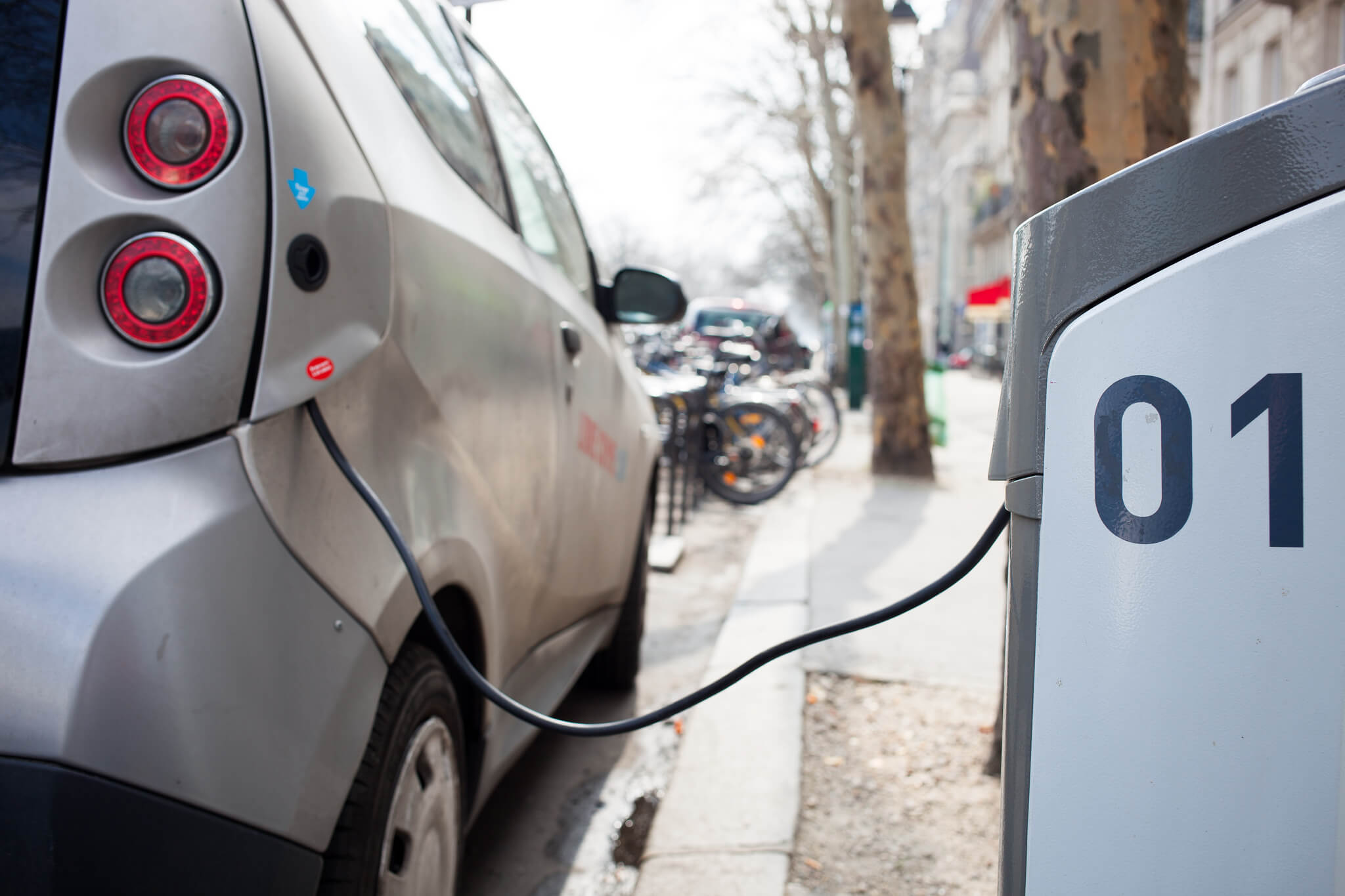Electricity, the world’s silent workhorse for a century, is about to conquer new worlds.
While electric cars are coming on fast, their acceptance will speed up geometrically in the next decade, according to an extraordinary new study by RethinkX, a San Francisco-based research group and think tank. Indeed, the group is predicting a true revolution in electrified transportation.
In this revolution, futuristic companies with a lot of talent and a lot of money — like Uber, Google and Amazon — will be seminal players. Old-line car companies and the oil companies will have to deal with a new order in which their roles could be dramatically diminished.
The big winner in this transportation future is electricity. Even the electric airplane — an idea about as old as aviation — is surging forward.
While RethinkX raised the curtain on the future of ground transportation in its new study, Uber raised the curtain on the future of the electric airplane this month at its Elevate conference in Dallas. More than 500 aviation enthusiasts attended the conference: dreamers, designers, builders — and even venture capital investors, who have already signed their checks. Dozens of designs for small electric airplanes, using multiple rotors and batteries, were on display. Enthusiasm was incandescent.
This July, small, electric pilotless aircraft — crosses between drones and helicopters — are scheduled to go into service in Dubai. They are supposed to ferry single passengers from their hotels and other gathering points to airports and recreation centers in the largest and most populous city in the United Arab Emirates.
These small aircraft, with electric motors and batteries, have an endurance time of about 30 minutes. EHang, a Chinese company, developed them.
If Uber, and more than a dozen other U.S. companies have their way, similar aircraft will one day take their place in the skies of America and other advanced nations. Uber hopes to test-fly an electric airplane in 2020.
According to RethinkX, the private car is about to disappear, or to be rapidly reduced in importance. The report — which might boost the stock of futuristic companies and electric utilities, and depress the stock of oil companies and old-line car makers and oil companies — is making waves in the far reaches of corporate thinking.
Tony Seba, co-founder of RethinkX and co-author of the report, told me that mainstream analysts are not yet on board with the changes, which will rock the automobile, oil and electric industries. They have not understood the impact of technological convergence, he said.
He sees a future, about to happen, in which driverless electric cars, owned not by individuals, but rather by transportation companies like Uber, flood the streets, to be summoned by phone and directed by voice: “Take me out to the ballgame.”
Seba, an MIT-trained engineer and student of what he calls “disruption,” told me he expects a convergence between electric vehicles, automated driving and ride-sharing will come soon, reducing the number of vehicles on U.S. roads from 247 million in 2020 to 44 million in 2030.
“The average family will save $5,600 in transportation costs,” Seba says.
Apart from the transport companies, the big winner will be the utilities that will see a demand growth of 18 percent, Seba predicts. He believes present infrastructure can accommodate this growth surge because demand will be mostly off-peak.
There are similar expectations of a golden future for small, electric, vertical takeoff airplanes, incorporating drone and other technologies. The limit for the aircraft, which use lithium batteries, is the batteries. But the enthusiasts gathered at Uber’s conference say flight is possible now with present-day batteries and these will only get better.
Richard Whittle, a leading aviation journalist and author who chaired an Elevate session, told me, “It was a pretty impressive event.”
While the arguments by Seba and his co-author James Arbib, a Silicon Valley entrepreneur and philanthropist, point to an electrified transportation future, I have one question: Will people give up the personal, primal pleasure of owning a car?
Seba and Arbib think so, pointing out that people used to take pride in their LP and CD collections, but now they access their music electronically.
The future is pulling up on a highway near you; it may also be flying overhead.
Photo: Håkan Dahlström, “Electric car charging station” 2013. Used under the Creative Commons Attributions 2.0 Generic License.
